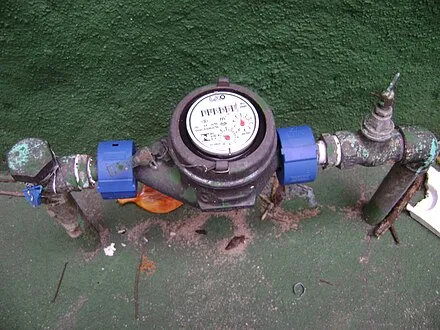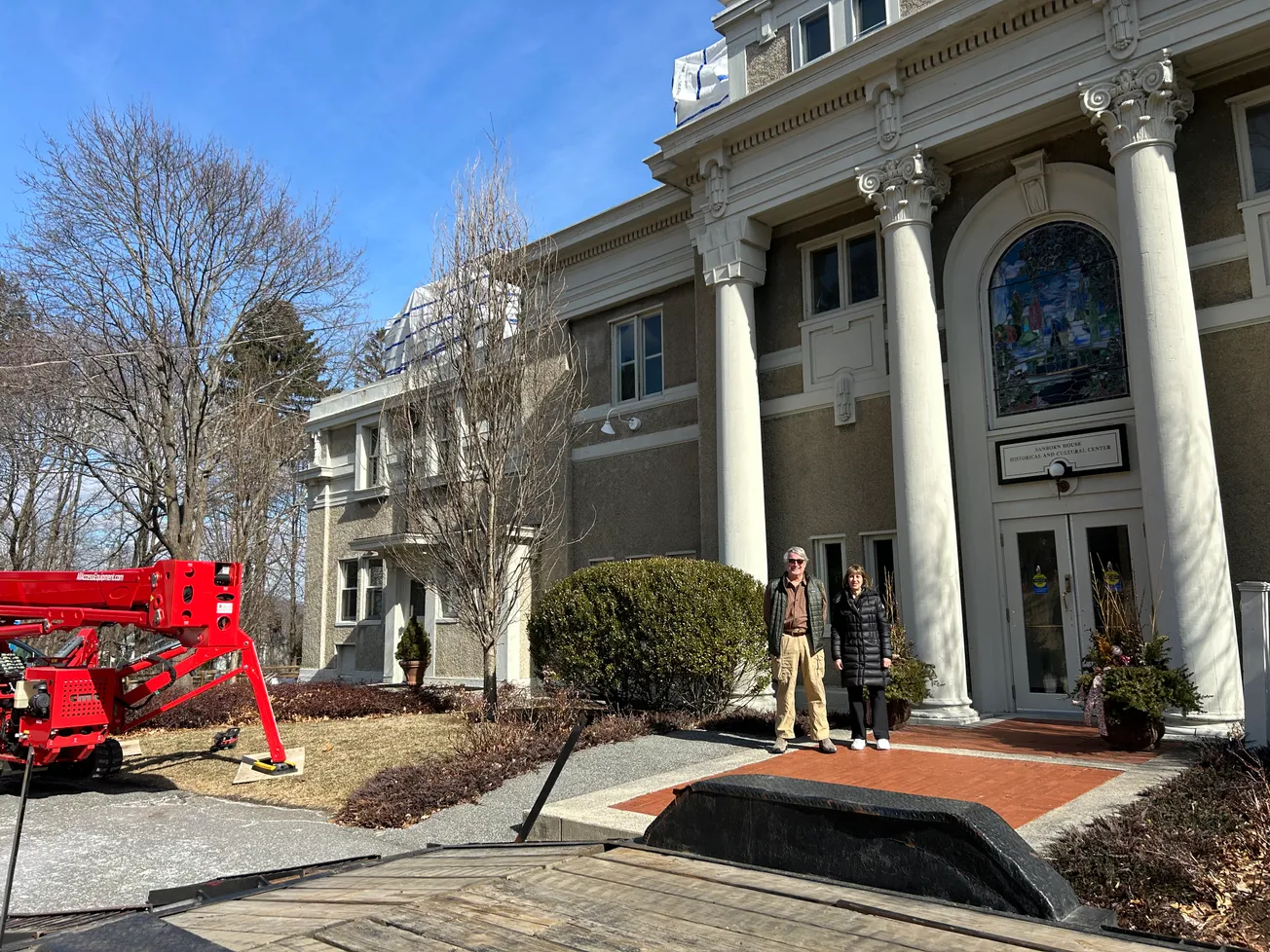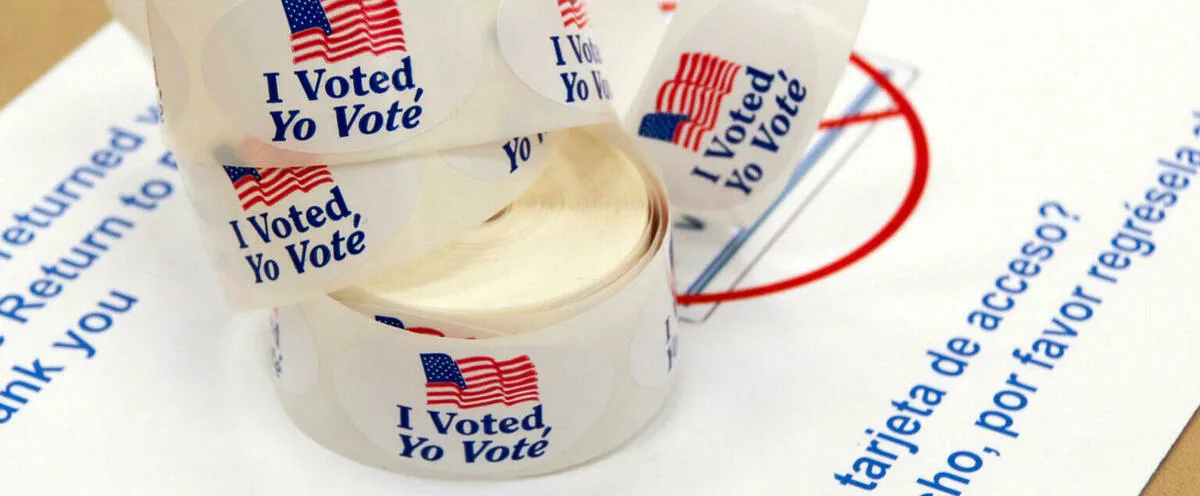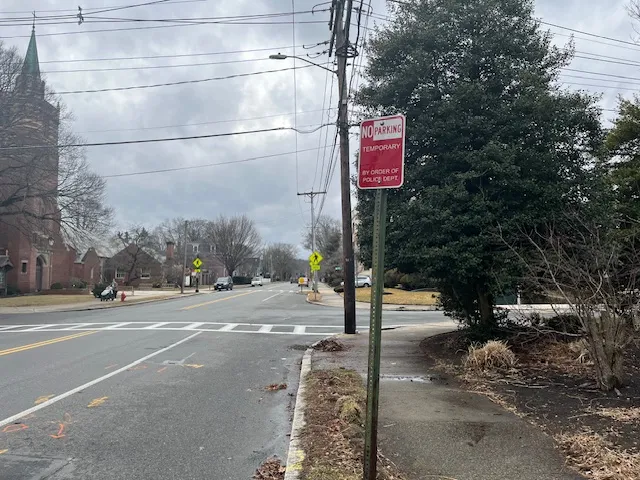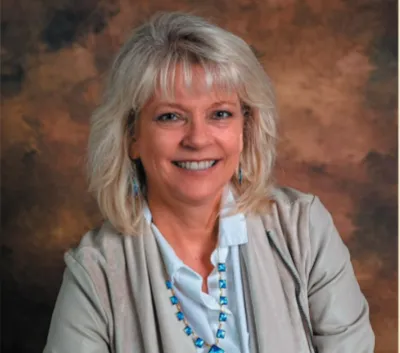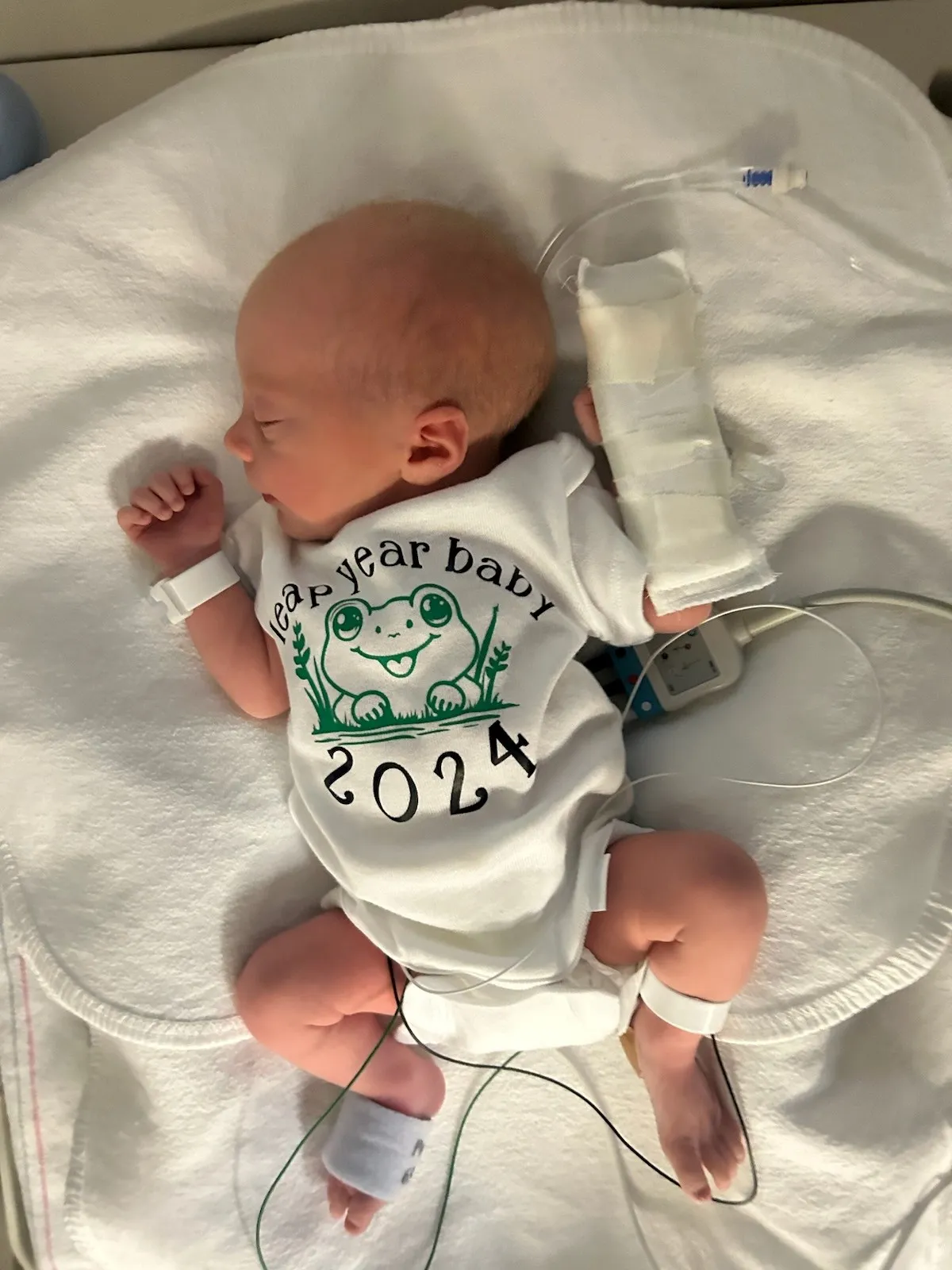Table of Contents
Town Meeting members voted last year to increase water and sewer rates by 6.5% annually through Fiscal Year 2028, but it appears that is not enough.
Matt Abrahams, of the Abrahams Group, said that during a Select Board meeting in December 2023, a review of the rate set almost a year ago revealed that “just a slight uptick” in the rate was needed. The recommended change was to go from 6.5% to 6.75% and largely because revenue was down.
“The main reason is because outdoor water usage was way down this past year,” he said. “Because we had a really wet summer.”
Abrahams said with usage down and the loss of user charge revenues, the town is looking at a projected deficit of $1.1 million for the current fiscal year. He called that a large number, but said the water and sewer account had also retained earnings certified at over $1.9 million.
Abrahams called the $1.9 million a nice number, but cautioned it doesn’t take fiscal year 2025 into account. If certified earnings are used to balance the account for two years, that $1.9 million balance could dip as low as $300,000 by fiscal year 2026, he said.
Another reason driving the increase is a jump in the sewer assessment. While water usage is fairly easy to predict, Abrahams said sewer is not, it involves a three-year look and contains many factors that are tough to quantify and predict.
“We thought it would be somewhere in the small increase area – it ended up being much larger than that,” Abrahams explained. “The sewer total assessment went up 11.2% last year.”
The increase combined with the dip in revenue created the negative perfect storm.
Select Board member John Fallon asked how much meters had to do with the issue and Department of Public Works Director Robert LaBossiere said it was an issue.
Surprise meters
In the past, the Massachusetts Water Resource Authority (MWRA) estimated the town’s sewer flow using six meters that metered roughly 50% of the flow.
LaBossiere said the MWRA came in about three years ago to upgrade the meters, but didn’t notify the town it had also installed an additional three meters. That means, LaBossiere explained, the MWRA has been assessing the town on 75% of actual flow for the last two years, which for the town was an unknown increase. It should plateau in by FY26, he added.
Town Manager Beth Rudolph said the town only learned of the meter change recently and planned to have a meeting with the MWRA and the town’s engineering firm to discuss the accuracy of the readings.
Despite the MWRA meters, LaBossiere said the summer rains that resulted in less water usage also contributed to the sewer increase.
“We got a lot more inflow into the sewer system during heavy rains,” he said. “A lot of people are putting their sump pumps into the sewer and we’re paying for all that flow.”
Choices
But Abrahams wasn’t at the meeting to just talk increase – he also came with solutions in the form of three options for the Select Board to consider.
Option 1: Implement the 6.75% rate increase for FY25, but it would jump to 17.5% in FY26 before leveling out at 7% for the next three years.
Abrahams said, based on conservative estimates, the 6.75% increase would bump up the average water bill by about $13, but by 2029, that increase would be roughly $105. On the flip side, it would also net the town nearly $1 million in retained earnings.
Option 2: Start with an 11% increase in FY25 that drops to a 10% increase in FY26 and fiscal year 2027 then down to 7% for fiscal year 2028 and 6.5% for fiscal year 2029. The increase in the average water and sewer bill would start at $22 and top out at about $83 by 2029. But again, that would net the town almost $1 million in retained earnings.
Option 3: This includes a fairly level increase of 9.5% per year, but also comes with a $5 per bill service charge increase. The increase per average user would be about $24, but comes with the largest payout, with about $1.2 million in retained earnings by 2029.
The board did not decide on an option, but Select Board member Michael Bettencout did say that relying on a service charge increase, which came with Option 3, worried him. He also noted the increases weren’t just about water and sewer but capital investments as well.
Select Board Vice-Chair Anthea Brady suggested putting off the service fee increase for a year.
Select Board Chair Richard Mucci asked where Winchester ranked compared to other communities. Abrahams said he didn’t have that information readily available, but would get it.
Rudolph reminded the board that it would vote motions for Town Meeting on March 25 and so they needed to decide before then if a public hearing would be needed.
“We presented three options,” she added. “There’s an infinite number of options. Is there something we didn’t present that board would like to see? Let us know.”

